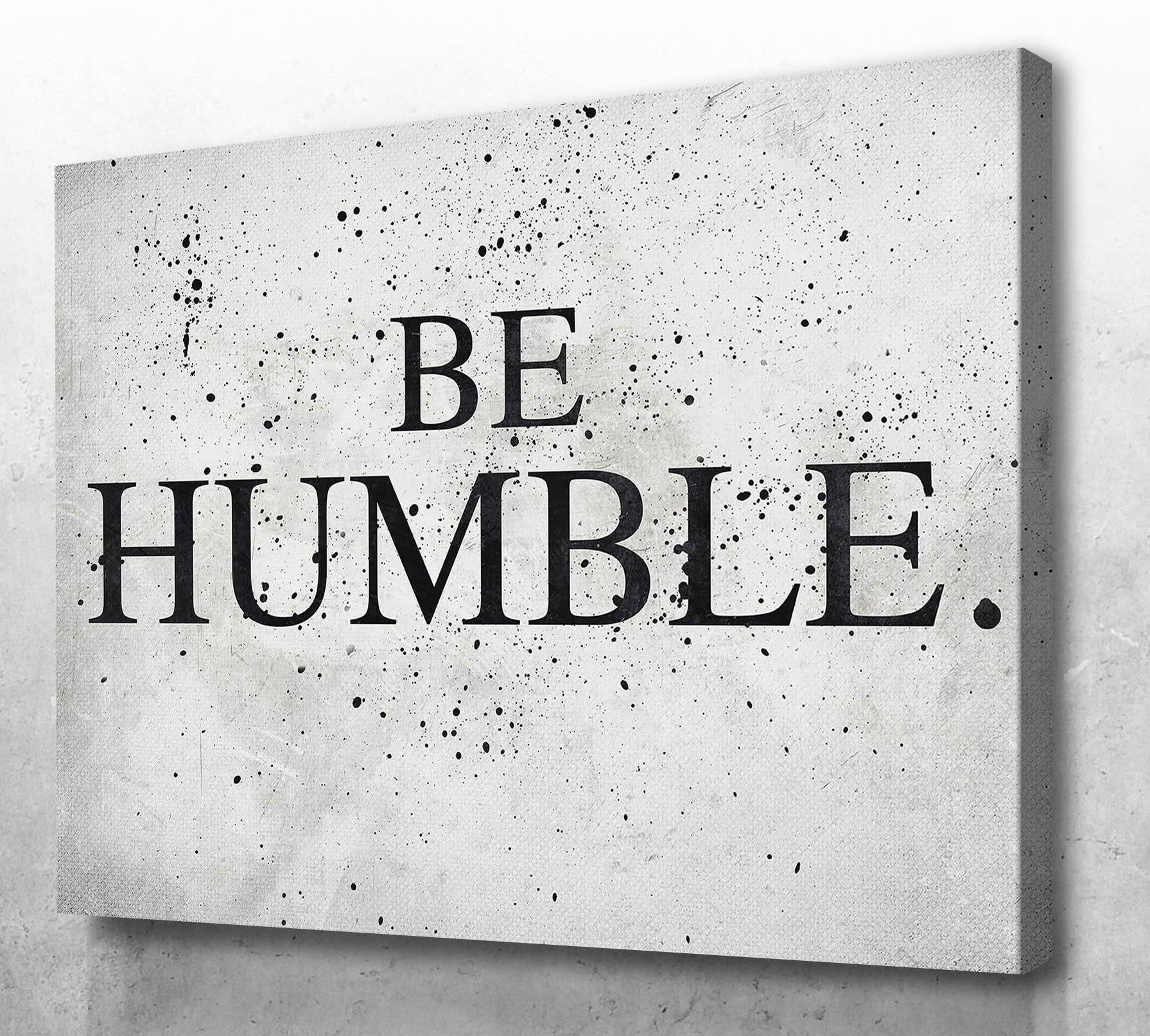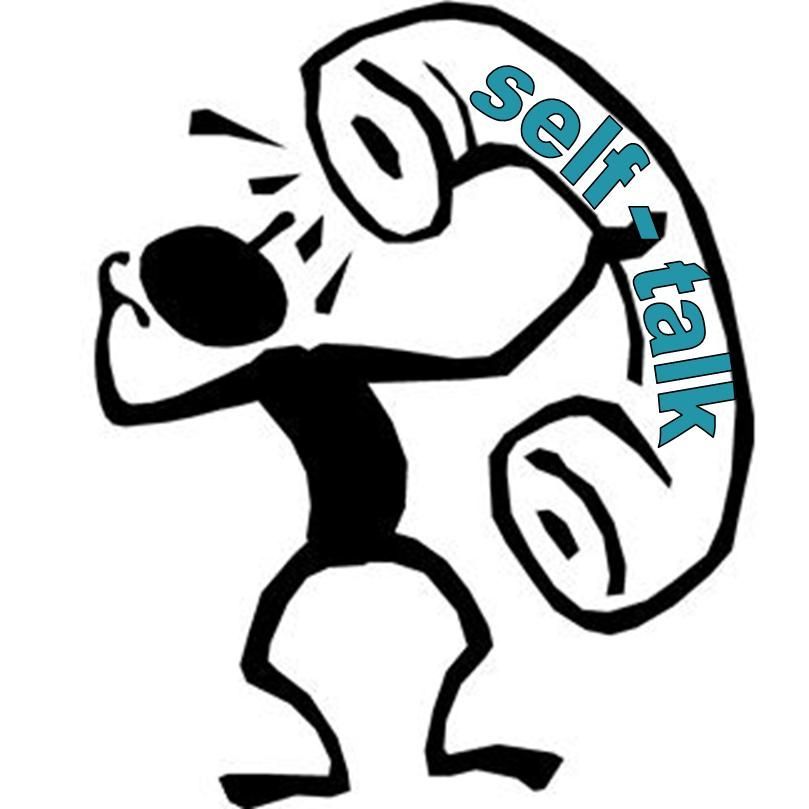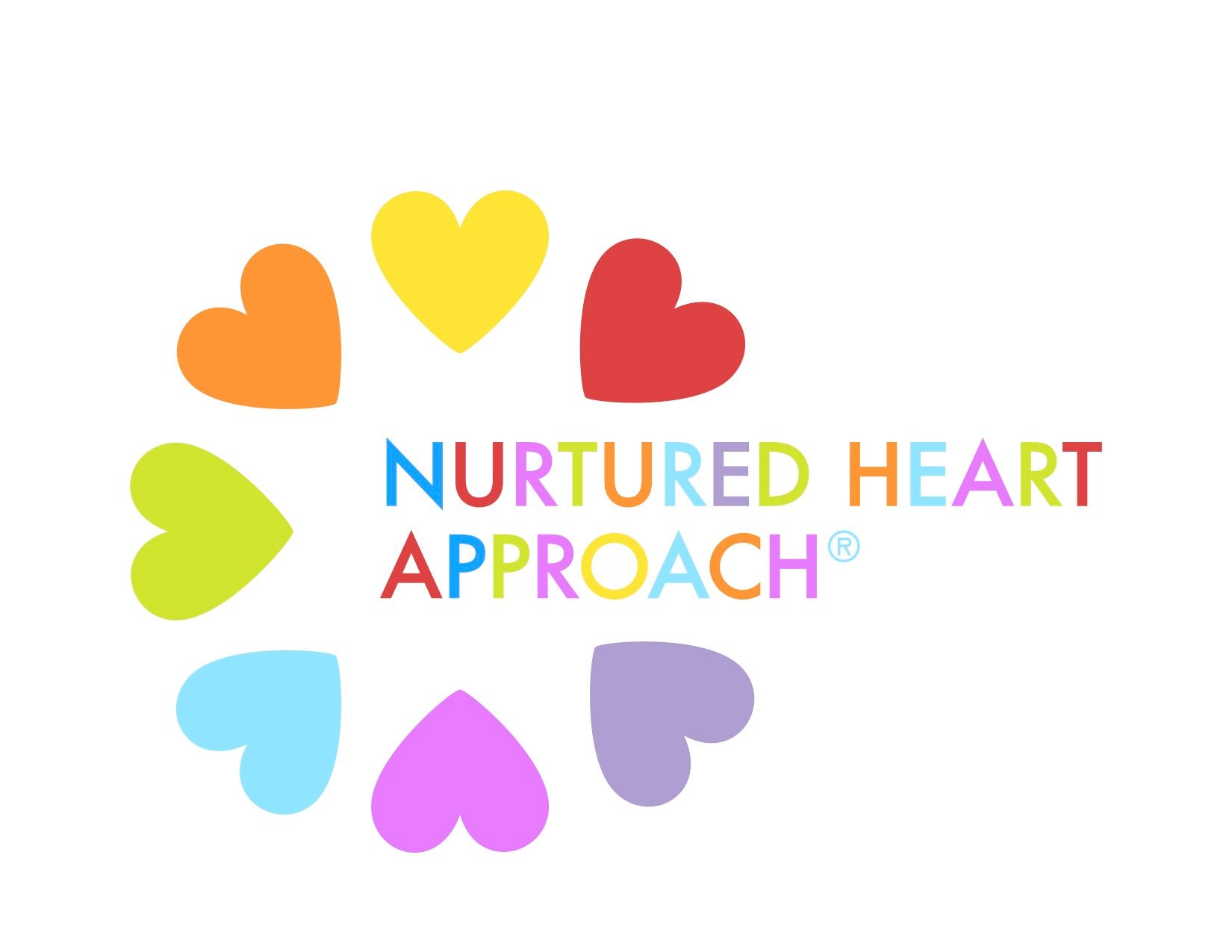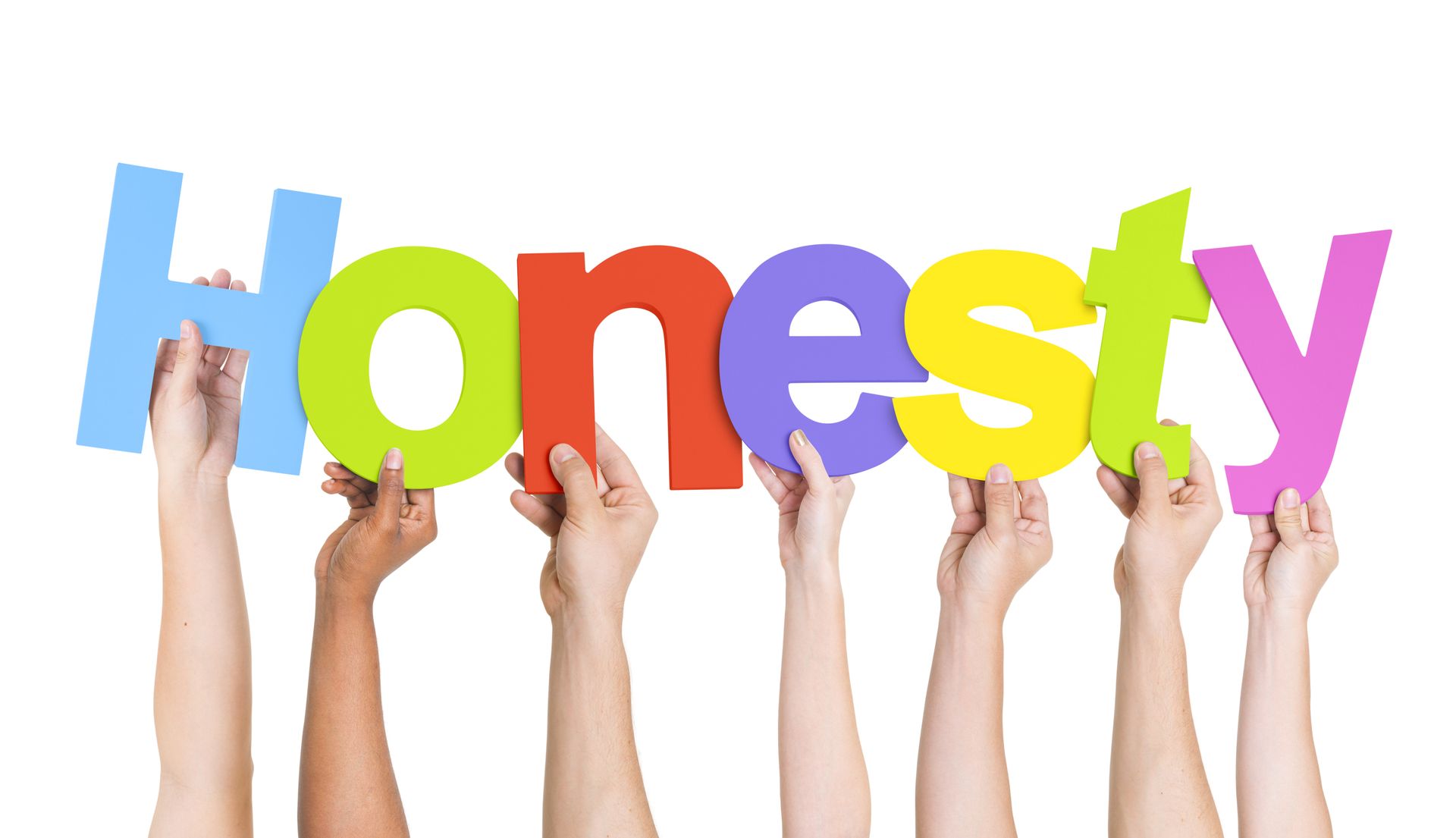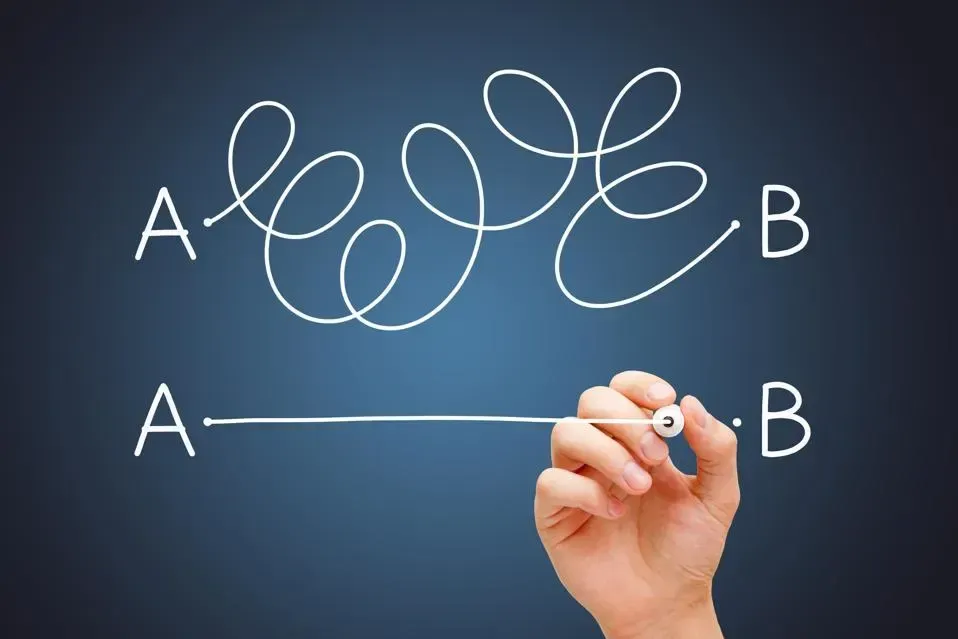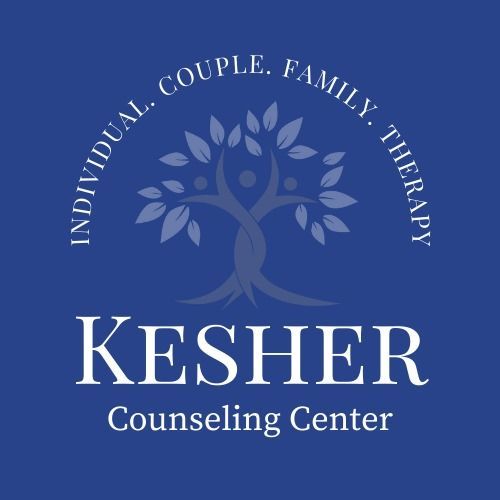No One Prepared Me for This
No One Prepared Me for This
“They should really give a class in high school about life, about finances, about marriage, about parenting. They should have warned me! I had no idea what I was getting myself into, with any of it!”
A class sounds good in theory, but let’s be honest, they never could have prepared us for this. No amount of frontal teaching, role playing, or interactive lesson planning would have better fortified our tolerance for life’s curveballs. The ability to absorb struggle, adapt, persevere, and then muster the strength to smile at our spouse or children, can only be learned ‘on the job’.
There’s no preparing for financial struggle. There’s no preparing for relationship difficulties. There’s no preparing for the things you learn about yourself after you get married.
There’s no preparing for sleepless months with an infant. One cannot exaggerate the sleep deprivation and inevitable grumpiness that accompanies it.
There’s no preparing for floods, bed bugs, or mold.
There’s no preparing for feeling old, feeling tired, and feeling like the best days are behind us.
There’s no preparing for disappointment, unplanned life changes, and unmet expectations.
There’s no preparing for mental illness, personal struggle, and disconnection.
And there’s certainly no preparing for physical illness R’L.
And perhaps worst of all, there’s no preparing for being convinced that EVERYONE around us has life figured out. That they are all navigating their struggles better than we are.
This is particularly difficult for those who experienced very “successful” childhoods; childhoods abundant in praise, good grades, and impressed adults. In such childhoods, we grow up believing that we can think through any problem. Study hard and the grade will come. Behave properly and praise will follow. Then life gets complicated. Our happiness becomes dependent on other people’s behaviors, moods, and tendencies.
How do we respond to being so ill-equipped? Is there a secret formula to tackle life with more force, vigor, and a higher success rate?
Unfortunately, my response is aesthetically unappealing. I do however guarantee, that when executed properly, it is greatly effective.
The answer lies in the realization that life is supposed to be this way. The façade of ‘control’ is born from anxiety. Trusting in Hashem, letting go of the unknown, and standing strong in the face of adversity, is how we live life to the fullest. Expectations are the enemy of living in the present. In the words of American author Neil Strauss, “Unspoken expectations are premeditated resentments.”
If life was predictable, it would not challenge us to be better. It would not encourage us to explore ourselves, dig deeper, and find strength we never knew we had. If life was predictable, it would be about what we accomplished by the end of our story. We are all fondly familiar with the phrase, “Life is a journey, not a destination.” We are not supposed to be ready. It is appropriate to question whether everyone is struggling “or is it just me?”
Even Yiddishkeit is allowed to be a struggle. Sometimes we feel close to Hashem, and sometimes we don’t. The key is to radically accept that this is par for the course. To believe, contrary to the speech of your negative self-talk, that everyone has good days and bad days.
“Yea, but my bad days are worse!” Perhaps, but that’s OK too. Likely, the focus on your bad days being worse than others’ is a self-fulfilling prophecy. We are plagued by self-judgment and deprecation on a moment-to-moment basis, which is the prime culprit for our overwhelming stress and exhaustion.
Yes, we have a tremendous number of important tasks that must be accomplished. Yes, we have an overwhelming to-do list that seems to never get any shorter; and yes, these tasks pop into the forefront of our minds just when we thought we’d have a minute to breathe.
But here’s the mantra: “It’s OK!” It’s OK to struggle, it’s OK to fall behind, it’s OK to feel overwhelmed. It’s OK to question how other people are holding it together, and it’s OK to believe that they must be struggling too even though we don’t see it. I’m not saying we should become complacent. Quite the contrary! Write your lists to get more organized, sticky tab your siddur to add kavanah to your Shemoneh Esrei! Learn deep breathing, search up the ‘TIPP skills’ for emotional regulation. Read parenting books, collaborate with your spouse, plan, discuss, and engage in self-care for the sake of your loved ones.
But here’s the kicker: love yourself long the way. Accept yourself along the path. Be OK with yourself while you navigate the journey. The last thing we need in our lives is the added pressure and emotional exhaustion created by negative self-assessment. It’s usually inaccurate, commonly unfair, and always unhelpful.
You may disagree with “always unhelpful”. I often hear the counter-argument that negative self-assessment is important for two reasons.
A) It keeps away complacency.
B) It provides adrenaline to accomplish the many tasks of our daily lives.
My answer to both of these is the same. An honest introspection will reveal that not only do we feel worse when we think mean things about ourselves, but our net productivity is way less. Whether it’s due to anxiety, inability to sleep because of racing thoughts and expectations, depression, irritability, or simply freezing when overwhelmed, we accomplish less in a self-deprecating state. We try and rationalize that we will navigate these negative side effects and still use the nasty judgments to propel us to be better, but the proof is in the pudding. And as a therapist, the pudding I have witnessed over the years has become vast. The pattern is consistent. Self-hate is not helpful.
So, dare yourself. Dare yourself to be OK when your house is flying. Dare yourself to be OK when it’s not going as planned. Dare yourself to be OK with letting go and living in the moment. Listen for the resistance and tell it to go away. Dare to talk to yourself the way you would want your children to talk to themselves. And in the words of Rav Yissocher Frand, “Don’t let the perfect be the enemy of the good!”


